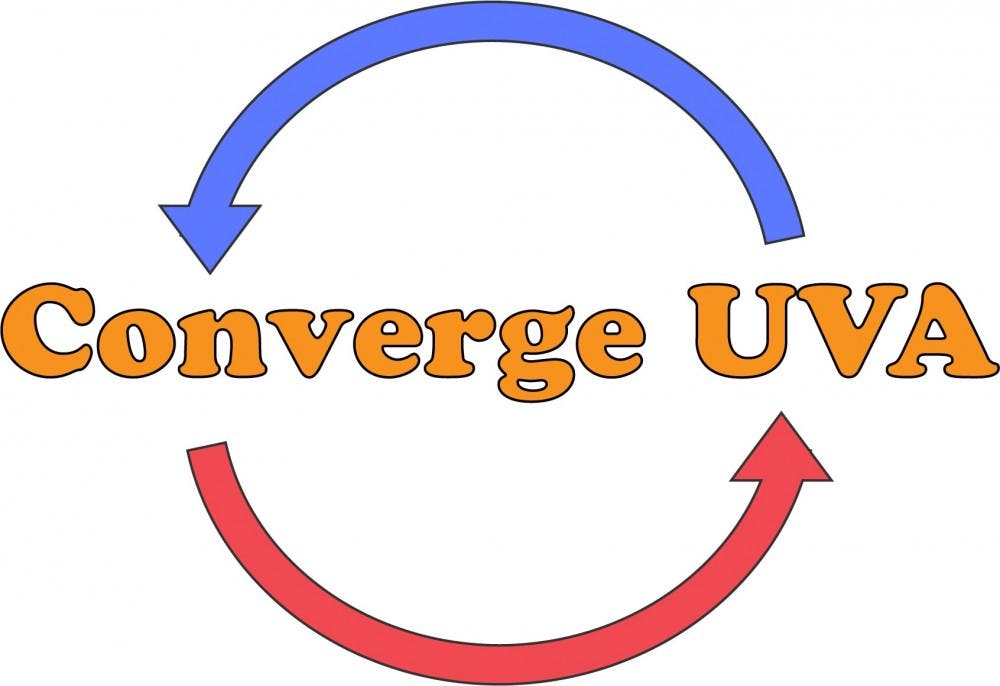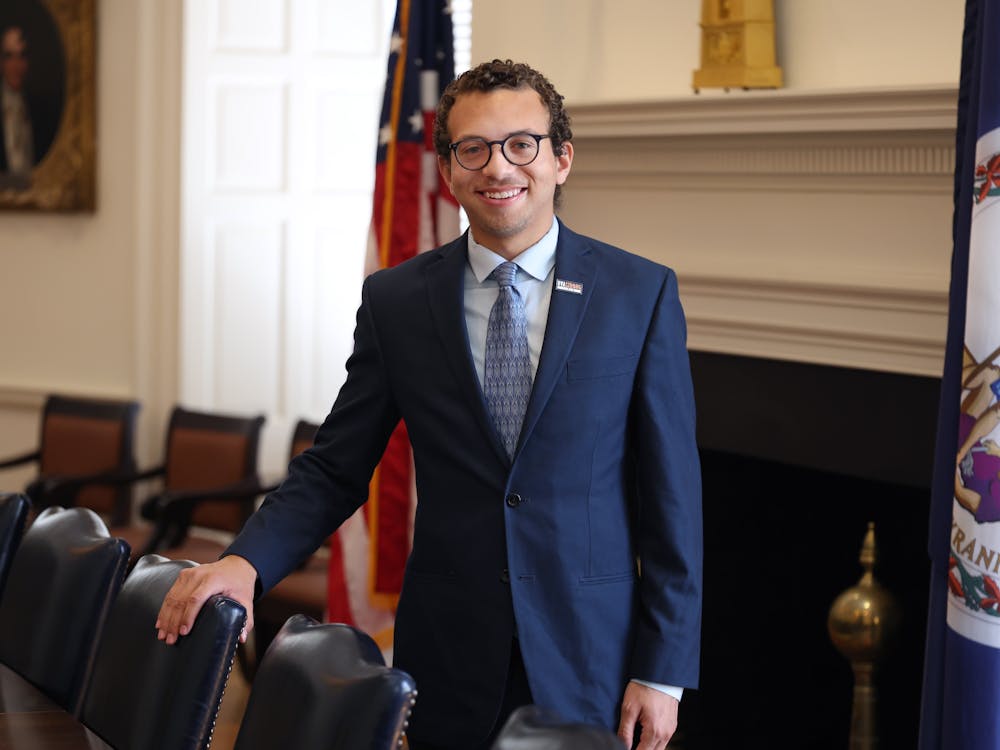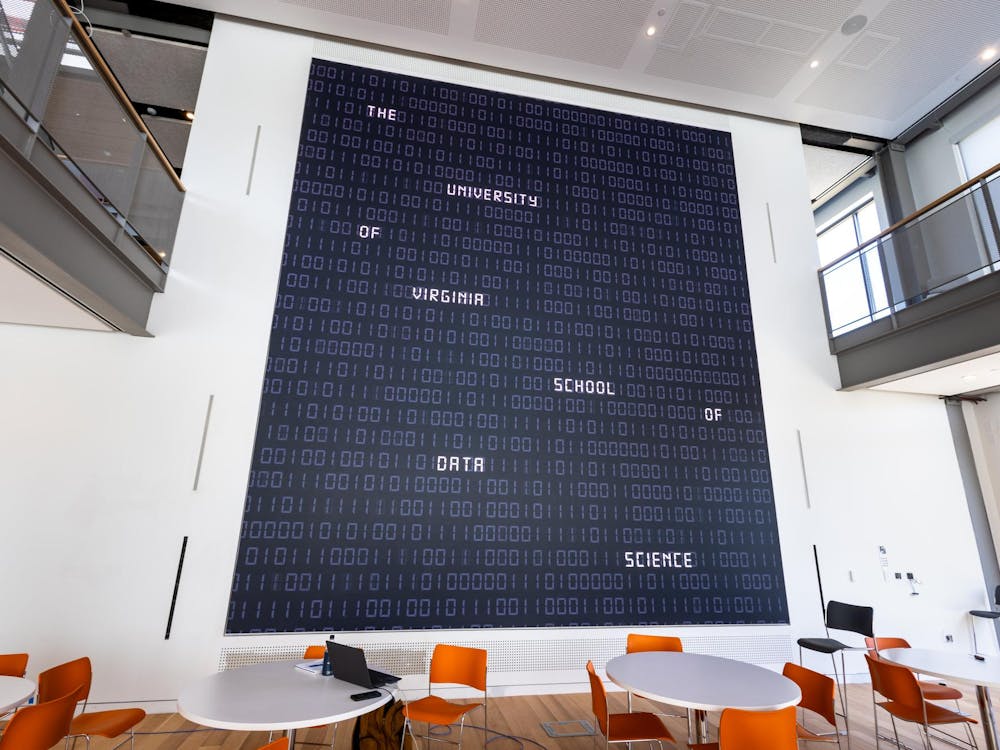A group of University students who have seen hostility and resentment shape U.S. political discussion want to prevent the same from happening on Grounds. As a result, they created Converge U.Va., which is a student-led initiative aimed to narrow the divide between students of opposing political views, specifically through helping students find common values.
Jack Wilkins, a second-year College student, spearheaded the development of Converge U.Va.
“Our Facebook feeds are algorithmically designed to reinforce our own views. Often times, our friends hold similar views as us so there's not many avenues to expand beyond that — to challenge your own beliefs,” Wilkins said. “I had this idea as a way for U.Va. students who wanted to expand beyond the sort of echo chambers and bubbles that we’ve found ourselves in with social media.”
The program works by pairing two students with different political affiliations to go on a coffee or lunch date. The participants get to know each other, and using guiding questions aimed to steer the conversation, work toward a common ground. The student creators are hoping that participants may sharpen their own opinions, and find commonalities within their differences.
Mary Grace Sheers, a fourth-year College student, is in charge of writing the content of the conversation guider.
“We’re kind of in beta format of Converge,” Sheers said. “For the semester, we’re hoping to just do the equivalent of a little SD [Sustained Dialogue] date, where people can sign up on the form if they’re interested and we will pair them with someone who differs from them significantly politically.”
The conversation guider directs participants to do several things — assume best intentions, speak from their own experience, lean to discomfort, accept non-closure and engage in dialogue, not a debate.
Questions are tailored to get participants to talk about politics from their own experience “so people can not only discuss political beliefs and find out what they agree and disagree on, but really understand how the other side came to become the other side,” Sheers said.
College Republicans President Adam Kimelman, a third-year College student, said he is supportive of the initiative.
“It’s a good idea,” Kimelman said. “I’ve done similar things with some of my friends ... and it’s definitely a therapeutic way of going about [political discussion].”
University Democrats President Brett Curtis, a fourth-year Batten student, said Converge U.Va. is a great avenue through which students can address the divisiveness in politics at the University.
“Political party does not define who we are as human beings — our government and our citizens must always work in the pursuit of uplifting one another,” Curtis said. “Having a conversation, connecting with others over a meal is a great way to start.”
Both leaders will be encouraging their members to participate in Converge U.Va.
Sheers and Wilkins both expressed a desire to expand the initiative. Possible options for next semester include more dates and the formation of small groups in which students can discuss political issues that would meet at several different times.
Registration for Converge U.Va. is open until Oct. 23. The coffee and lunch dates will be spread out from late October to early-mid November.







